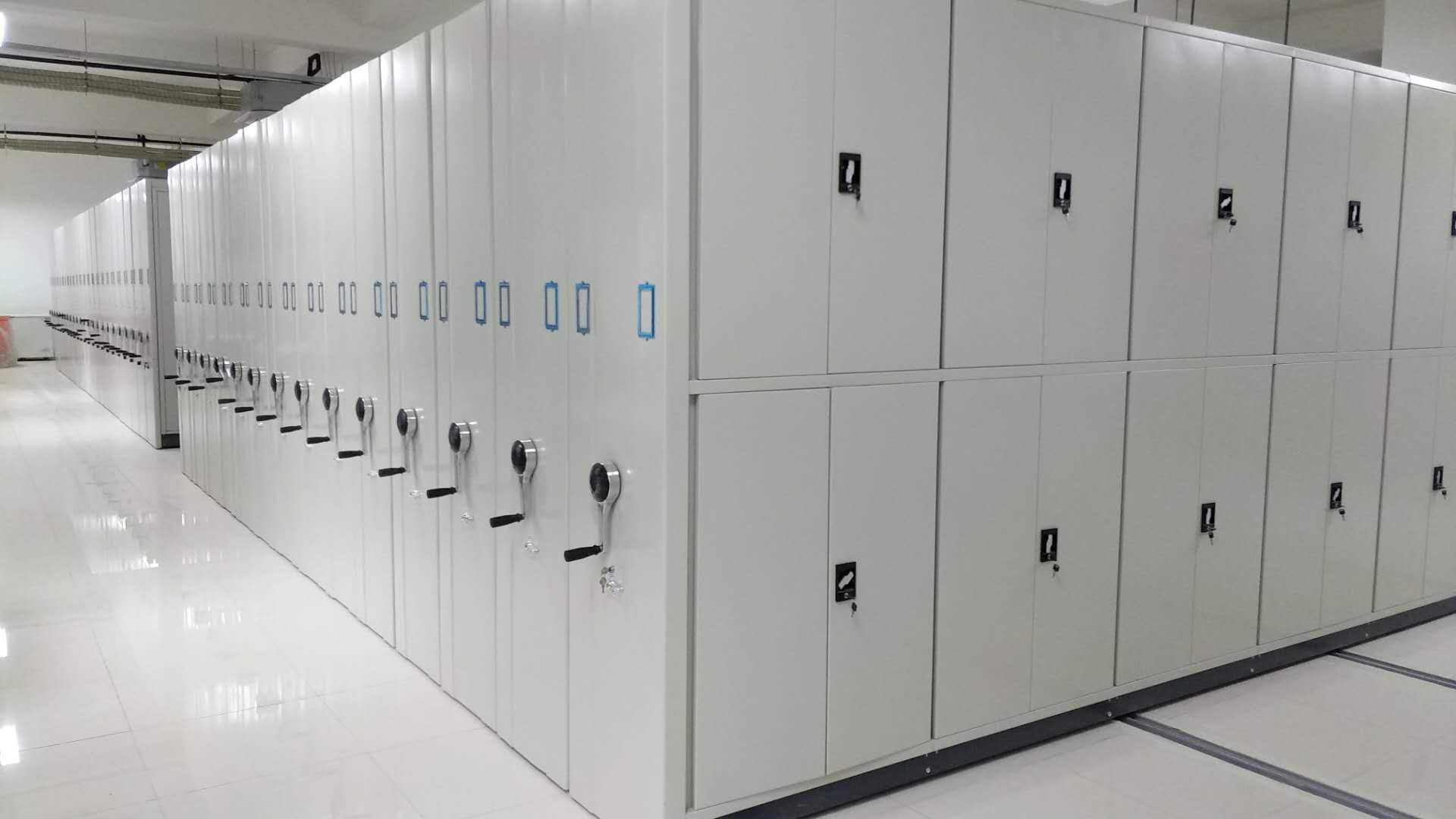
It is necessary to prevent moisture in the archives. The archives of the archives are very important, but they are also paper-based materials. If the room is excessively humid, causing excessive humidity, the material files are prone to mold, and the results are unpredictable. This is unpredictable for the archives. A lot of trouble has been added to the management of the archives, and the safe storage of archive materials cannot be guaranteed. The dehumidifier used in the Deye archives should apply the principle of freezing and drying, suck the moist air into the evaporator and drop it below the dew point temperature, so that the gaseous water in the air will condense into water droplets, and then pass the condensation heat of the refrigerated compressor to discharge the dry Air, in order to achieve the purpose of drying and dehumidification.

As we all know, the air in which we live is rich in water, and plants survive by drawing water from the soil. The water in the soil, like rivers and lakes, also evaporates water vapor into the air from time to time. Although the amount of evaporation is much less than the amount of surface evaporation, it is also one of the main factors that affect the dry humidity of the air and forms archive data The main reason for damp. When an enterprise in Zhejiang stopped the renovation of an old factory building, because the pipeline design drawings were severely damp and rotten during storage, the original pipeline laying condition was unclear, which caused the renovation project to be blocked. There are many cases such as this.
Some of our units and departments regard file management as simply the collection of documents and materials. They only need to collect the file materials, find a central storage at will, and take it out when needed. They lack safety awareness and measures. The room was moldy and dusty. As a result, almost none of the tens of thousands of archives were protected from damp, mildew, rot, and moth-eaten, causing serious losses to the unit; the objective reason was the lack of professional knowledge in moisture-proof handling. Many units pay attention to archives management and are willing to invest. The archives rooms are decorated in a magnificent and magnificent manner, and all kinds of equipment are available. However, the archives and materials are still rotten from time to time. The reason is the lack of airborne moisture-proofing of the archives. Professional knowledge.
So, how can we effectively do indoor moisture-proof treatment? I think it is necessary to improve the understanding of archives work: we must master the professional knowledge about moisture-proof disposal of archives, and strive to improve the scientific nature of archive maintenance. The moisture-proof disposal of archives is relatively professional, and it touches on the knowledge of climatology, architecture, and data science. As an archivist, you must be proficient in controlling these knowledges and understand the reasons for the dampness of the archives in order to take preventive measures in a targeted manner. So, what is the reason for the dampness of archives?
Affected by moist air: Because the surface of the earth's oceans, rivers, and lakes account for about 70% of the area, water evaporates into the air from time to time and becomes water vapor. When the water vapor in the air reaches a certain level, it constitutes moist air. File information Long-term storage in humid air will produce mildew and moth-eaten phenomena. In order to accurately express the dry and wet level of the air, the concept of relative humidity is derived. The relative humidity is equal to the ratio of the absolute humidity to the saturated humidity at the same temperature multiplied by 100%. The greater the relative humidity, the greater the humidity level of the air.
The concept of relative humidity is a concept that we must be proficient in control and application. We stop the moisture-proof work of archives, that is, we must find ways to control the relative humidity in the warehouse within the scope of the regulations. This range is jointly approved and announced by the Ministry of Establishment and the National Archives Administration. The compulsive industry specification "Design Standards for the Establishment of Archives" has made a clear request for the temperature and humidity range of archive warehouses: temperature 14℃~24℃, humidity 45%~60%. The formulation of this standard request is based on comprehensive consideration of our country. The national economic and climatic conditions of the country are formulated under the environmental requirements that are as conducive as possible to the preservation of archive materials and to limit the growth and reproduction of archive molds.
Simply put, when the relative humidity outside the warehouse is lower than the relative humidity inside the warehouse, we open the window to allow relatively dry air to enter the warehouse. On the contrary, when the relative humidity outside the warehouse is higher than the relative humidity inside the warehouse, we close the window and use a dehumidifier to control the relatively dry air with a humidity between 40% and 60%. Naturally, the occurrence of damp phenomenon will no longer occur.
The brand NAISIDA of Guangdong Aoyu Electrical Appliance Co., Ltd. mainly develops and sells "household dehumidifiers, commercial dehumidifiers, industrial dehumidifiers, fresh air purifying dehumidifiers, cooling dehumidifiers, temperature regulating dehumidifiers," with constant temperature and humidity products. Constant temperature and humidity machine, rotary dehumidifier, ultrasonic humidifier, wet film humidifier and non-standard product development".
Previous : Application of rotary dehumidifier in various industries
Next : 没有了!


Mobile phone:13929191085 13422006435
E-mail:835727061@qq.com QQ:835727061
Address Factory:No. 28, Beihu 1st Road, Luocun, Shishan Town, Nanhai District, Foshan City